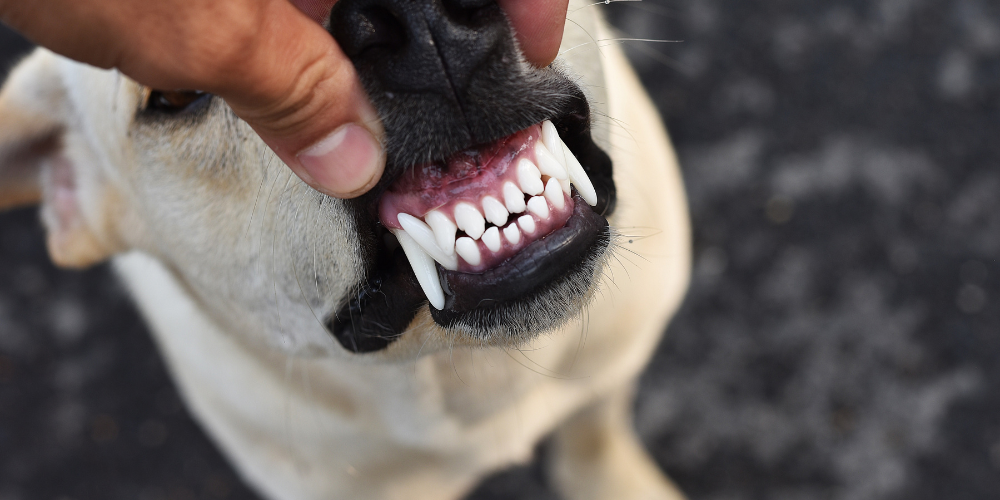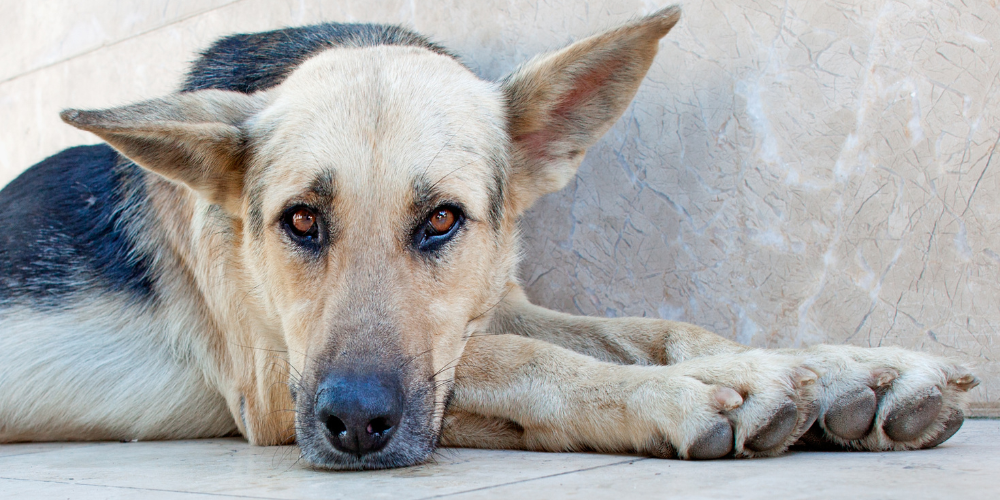
Liver disease is a serious condition affecting both dogs and cats. The liver plays a crucial role in detoxification, protein synthesis, and digestion. Understanding the symptoms and causes of liver disease can help you take better care of your pets.
Common Symptoms of Liver Disease
Recognising the signs of liver disease early is vital for prompt treatment. Look out for these common symptoms:
- Jaundice: A yellow tint to your pet’s skin, eyes, and gums.
- Loss of Appetite: Significant decrease in appetite, leading to weight loss.
- Vomiting and Diarrhoea: Frequent vomiting and diarrhoea can indicate liver issues.
- Increased Thirst and Urination: Pets may drink and urinate more than usual.
- Lethargy: Noticeable drop in energy levels and increased sleepiness.
- Behavioural Changes: Pets may become more irritable or display unusual behaviours.
Causes of Liver Disease
Liver disease can stem from various causes, including:
- Infections: Bacterial, viral, or fungal infections can damage the liver.
- Toxins: Ingesting harmful substances like certain medications, plants, or chemicals.
- Genetic Factors: Some breeds are more prone to liver conditions.
- Obesity: Excessive weight can strain the liver and lead to disease.
- Cancer: Liver tumours can disrupt normal liver function.
- Autoimmune Diseases: Conditions where the immune system attacks the liver.
Senior Pets
Liver disease is more common in older pets. As dogs and cats age, their liver function can decline, making them more vulnerable to liver conditions. Pets over the age of 7 for dogs and over the age of 10 for cats are at a higher risk. It is estimated that around 30% of senior dogs and 25% of senior cats experience some form of liver disease. Senior pets often need more frequent vet check-ups to monitor their liver health. A balanced diet and maintaining a healthy weight are crucial for older pets.
Diagnosis of Liver Disease
Early diagnosis of liver disease is crucial for effective treatment. Vets typically use a combination of blood tests, imaging techniques (like ultrasound or X-rays), and sometimes liver biopsies to diagnose liver disease in pets.
Treatment Options
Treatment for liver disease varies based on the cause and severity. Common treatments include:
- Medications: To manage symptoms and treat underlying causes.
- Dietary Changes: Special diets to support liver function.
- Surgery: In cases of tumours or severe damage.
- Supportive Care: Fluids, vitamins, and supplements to support overall health.
Consider products like Denamarin for Medium Dogs, Denamarin for Cats and Small Dogs, Hill's Prescription Diet l/d Liver Care, and PAW HepatoAdvanced for Medium to Large Dogs for supporting liver health in your pets.
Care Tips for Pets with Liver Disease
If your pet has liver disease, here are some care tips:
- Follow Vet’s Instructions: Adhere to the prescribed treatment plan.
- Regular Vet Visits: Frequent check-ups to monitor liver function.
- Healthy Diet: Feed a balanced diet tailored to support liver health.
- Avoid Toxins: Keep harmful substances out of reach.
- Monitor Symptoms: Keep an eye on any changes in behaviour or health.
Preventing Liver Disease
While not all cases of liver disease can be prevented, you can reduce the risk by:
- Regular Check-ups: Routine vet visits can help detect liver issues early.
- Balanced Diet: Feeding your pet a healthy, balanced diet supports liver health.
- Weight Management: Keeping your pet at a healthy weight reduces liver strain.
- Avoid Toxins: Keep harmful substances out of reach and be cautious with medications.
Liver disease in dogs and cats is a serious condition that requires prompt attention. By being aware of the symptoms and causes, you can take proactive steps to keep your pets healthy. Regular vet check-ups, a balanced diet, and avoiding toxins are key measures in preventing liver disease. If you notice any signs of liver issues, consult your vet immediately for proper diagnosis and treatment.



